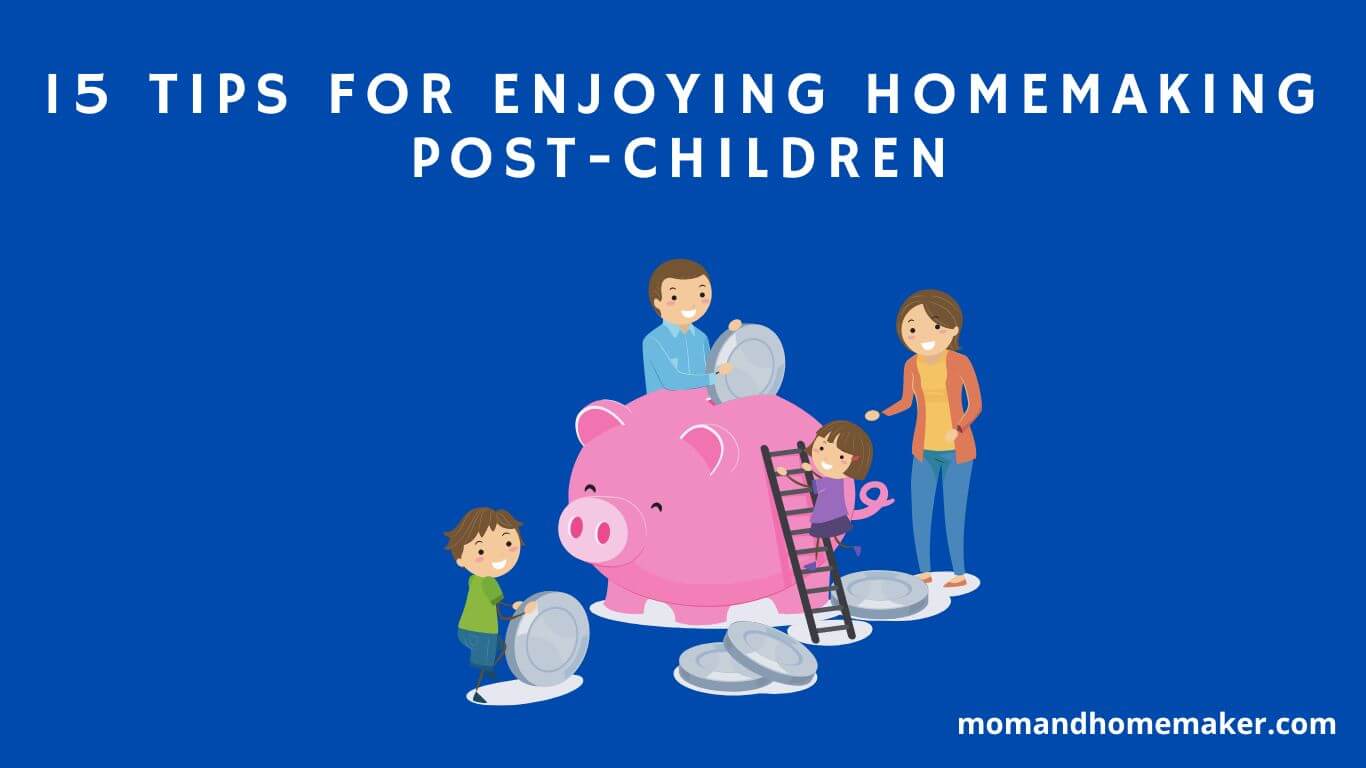Parenting girls during the preteen years can be challenging as they navigate through mood swings and changes. However, is this stage really the toughest when it comes to raising daughters?
Transitioning from childhood to adolescence brings a variety of challenges and complexities for both girls and their parents.
Let’s explore the different stages of your daughter’s life and the unique obstacles and rewards that come with each, shaping your parenting journey along the way.
Toddler Tantrums

Parenting young girls through toddler tantrums can be quite challenging yet crucial. During this stage, it’s important to help your child learn to manage their emotions. Your little one is in the process of understanding and dealing with big feelings, and they need your guidance to do so effectively. Communication skills play a key role in this journey. Encourage open conversations and teach your child appropriate ways to express their needs and emotions.
Effective parenting strategies are essential for handling tantrums. Setting clear boundaries and consistent expectations can help prevent meltdowns. It’s important to be patient and firm in enforcing rules while also showing empathy towards your child’s feelings. Teaching your child coping mechanisms like deep breathing or counting to ten can help them calm down during a tantrum. Remember, modeling these techniques yourself can also help your child learn how to manage their emotions well. By using these tools and approaches, you can navigate toddler tantrums with grace and understanding.
Preschool Power Struggles
Preschoolers often engage in power struggles as they assert their independence and test boundaries. During this stage, it’s important to handle these challenges with patience and understanding.
Here are some effective strategies for dealing with preschool power struggles:
- Parenting strategies: Establish consistent routines and rules to create a sense of security and predictability for your child.
- Communication skills: Foster open communication with your preschooler, listen actively to their thoughts and feelings, and acknowledge their emotions.
- Emotional regulation: Teach your child healthy ways to express and manage their emotions, like deep breathing or taking a break when they feel overwhelmed.
Kindergarten Independence

Transitioning into kindergarten marks a significant phase for your child, where they begin to show more independence. It’s common for them to test limits and want to do things on their own, so it’s crucial to establish clear boundaries while also supporting their autonomy.
Emotionally, this period is crucial as they learn to handle a wide range of feelings independently. By assisting them through emotional hurdles and celebrating their accomplishments, you can help nurture a strong sense of self.
Kindergarten introduces more complex social interactions as your child learns to navigate friendships and group dynamics. Teaching positive social skills and conflict resolution can support their social development.
Cognitively, kindergarten is a time of rapid growth. Your child will encounter new ideas and skills that spark curiosity and a love for learning. Encouraging their inquisitiveness and providing opportunities for exploration can aid their cognitive development during this critical period.
Elementary School Friendships
Building strong friendships during elementary school is crucial for your child’s development. At this important stage, your daughter learns to navigate social dynamics, offer and receive emotional support, improve her communication skills, resolve conflicts, and boost her self-esteem. Here are some key aspects to consider:
- Social Interactions: Encourage your child to engage with peers, fostering connections and understanding the different roles within a group.
- Emotional Support: Teach your daughter to recognize and provide emotional support to her friends, creating a caring and supportive environment.
- Effective Communication: Help her articulate her thoughts and feelings clearly, which fosters healthy interactions and deepens friendships.
Preteen Mood Swings

Dealing with preteen mood swings can be a tough part of raising girls, requiring patience and empathy. Hormonal shifts at this stage can cause a whirlwind of emotions for both you and your preteen daughter. It’s crucial to keep communication open with your child during this time to help her navigate these intense feelings.
Peer pressure also plays a big role in preteen mood swings, as girls may find it challenging to balance fitting in with discovering who they’re becoming.
As a parent, it’s important to create a safe and understanding environment for your daughter to express herself without judgment. Encourage her to share her thoughts and feelings, and validate her emotions. Let her know that mood swings are a normal part of growing up and reassure her that you’re there to support her through this journey of self-discovery.
Tween Drama
Experiencing the challenges and growth of the tween years with your daughter can be a mix of tough and eye-opening moments. As she goes through this phase, you’ll come across various important issues to address. Here are some key points to keep in mind:
- Social Media: Social media can have a big impact on your daughter’s self-esteem and how she interacts with others. It’s crucial to keep an eye on her online activities and guide her on using social media responsibly.
- Body Image: Tween girls often feel pressure when it comes to their body image, which can affect their self-esteem. Encouraging a positive body image and promoting self-acceptance is essential.
- Peer Influence: Friends play a significant role during the tween years. Helping your daughter choose positive influences and teaching her how to handle peer pressure can support her development.
Getting through the challenges of social media, body image concerns, peer influence, school pressure, and the emotional ups and downs that tweens go through requires patience, understanding, and open communication. By being there for her and offering support, you can help your daughter thrive during this transitional period.
Middle School Challenges
Middle school can pose significant challenges for parents and their daughters. It’s important to help your daughter navigate this phase by addressing key aspects. Social media has a big influence on her life at this age, so teaching her to use it responsibly and be mindful of its impact on self-esteem is crucial. Body image issues may also come up, so promoting a healthy attitude towards her physical appearance is important.
Academic pressure ramps up in middle school, so supporting your daughter in managing her workload and stress is essential. Bullying prevention should be a priority too. Encouraging open communication about her school experiences and teaching her how to handle conflicts can empower her.
In today’s digital age, setting boundaries around technology is crucial. Establishing rules for screen time and online behavior not only keeps her safe but also encourages a balanced lifestyle. By tackling these challenges head-on, you can help your daughter navigate middle school with confidence and resilience.
Teenage Rebellion
Navigating teenage rebellion as your daughter enters her teenage years can be challenging but essential for healthy development. Establishing clear boundaries is crucial to provide structure while allowing for independence. Effective communication, including active listening and showing empathy, is key to resolving conflicts that may arise.
Setting rules and consequences that are reasonable and consistent helps in establishing parenting boundaries. Encouraging open and honest communication while teaching emotional regulation skills can aid in managing emotions in a healthy way. Conflict resolution skills, such as problem-solving and compromise, are important to teach during this time.
Building trust with your daughter requires patience and understanding, maintaining a balance of firmness and compassion. By approaching teenage rebellion with empathy and grace, you can foster a strong and supportive relationship with your daughter during this pivotal stage of her life.
High School Peer Pressure

Navigating high school peer pressure can be challenging for parents of teenage girls but is crucial for understanding and supporting their social development. As your daughter faces the complexities of adolescence, she might encounter various influences that could impact her choices and behaviors. Here are some key areas where peer pressure commonly manifests:
Social media plays a significant role, as it can create pressure to fit in or portray a certain image online. Body image concerns may arise due to societal standards pushed by peers. Academic stress from competition can be overwhelming. Romantic relationships might influence her decisions and emotions. Lastly, peer pressure related to substance abuse can be a serious concern.
College Decisions
High school peer pressure can significantly impact your daughter’s college choices, shaping her academic and personal growth. As a parent, providing support during this crucial time can greatly influence her decisions. Here are key areas to focus on:
- Parental Guidance: Being present to listen, offer advice, and guide your daughter through the college decision process is essential.
- Academic Support: Assist her in managing academic stress by promoting healthy study habits and providing academic resources.
- Future Planning: Discuss her goals and aspirations to help her choose a college that aligns with her ambitions.
Considering factors like financial aid options and emotional support is vital for a smooth transition to college. By actively engaging in these areas, you empower your daughter to make informed decisions and embark on a fulfilling academic journey.
Young Adult Responsibilities

Navigating young adult responsibilities can be both challenging and fulfilling for your daughter. This phase involves juggling time management, work-life balance, and career aspirations. Encourage her to pursue her professional goals with determination, supporting her through job searches and career advancements. As she learns to establish boundaries and communicate effectively in relationships, offer guidance on fostering healthy connections with others.
Financial independence is a significant aspect of this stage, teaching her the importance of budgeting, saving, and making sound financial choices. Help her develop strong money management skills to secure her future. This journey towards self-sufficiency will shape her into a capable and confident individual. Embrace this transformative phase alongside her, providing encouragement and support as she grows into a resilient young woman.
Career Choices
When helping your daughter navigate her career choices, it’s important to encourage her to explore different paths that match her interests and strengths. Gender stereotypes should be kept in mind to ensure she isn’t limited by societal norms. As a parent, your guidance can significantly impact her perceptions of what she can achieve.
Here are some key points to consider:
- Career Exploration: Encourage your daughter to research and try out various career options to help her find what truly excites her.
- Educational Opportunities: Support her in pursuing education and training that will give her the skills and knowledge needed for her chosen career path.
- Work-Life Balance: Teach her the value of balancing work and personal life for overall well-being and fulfillment.
Relationship Dynamics

As your daughter embarks on her career path and establishes herself in the professional world, understanding healthy relationship dynamics is essential for her personal growth and well-being.
Setting clear boundaries as a parent can help her distinguish between positive and negative relationships. Encourage open communication to help her develop strong skills in expressing her thoughts and emotions effectively.
Building emotional intelligence will enable her to navigate social interactions with empathy and grace. Guide her on how to build trust in relationships while also setting boundaries to protect herself.
Focus on resilience building, teaching her to handle setbacks and conflicts in relationships with inner strength and perseverance.
Financial Independence
To help your daughter achieve financial independence, it’s important to teach her about managing money wisely from a young age. By educating her on financial literacy, setting savings goals, and introducing basic investment concepts early on, you can set her up for a secure financial future.
- Financial Literacy: Make sure she understands the basics of budgeting, saving, and the importance of financial planning.
- Savings Goals: Encourage her to set both short-term and long-term savings goals, and to save a portion of any money she receives.
- Investment Strategies: Introduce her to the idea of investing wisely to grow her money over time, explaining the risks and rewards involved.
Empty Nest Syndrome

As your daughter grows older and possibly moves out, it’s important to be prepared for the emotional challenges that can come with Empty Nest Syndrome. This phase brings significant changes, but with the right approach, you can navigate it smoothly.
Here are some key aspects to focus on during this transition:
- Acknowledge your feelings of loss and adjustment.
- Prioritize your well-being and practice self-compassion.
- Engage in open communication with your daughter.
- Consider therapy or counseling if needed.
- Focus on developing new hobbies or interests.
- Maintain a healthy routine and seek support from friends and family.
- Attend support groups or workshops for parents.
Remember to take care of yourself, rediscover your identity, and seek the emotional support you need as you adapt to this new phase of parenting.
Grandparenting Roles
Actively engage in your role as a grandparent by building strong connections and sharing your life experiences with your grandchildren. Bonding with your grandchildren is a special opportunity to create lasting relationships with the younger generation.
By participating in family traditions, you can help your grandchildren feel a sense of belonging and continuity in their lives. Listen attentively to their perspectives and experiences, fostering mutual understanding and respect across generations.
Sharing activities and stories together will create cherished memories and strengthen family bonds for years to come. Offer guidance based on your wisdom and life lessons to shape their character and values, providing them with strength and wisdom as they face life’s challenges.
Embrace your role as a grandparent with love, compassion, and a desire to positively impact the lives of your grandchildren.
Aging Gracefully

As you age, it’s important to take care of yourself both physically and mentally. Prioritize self-care, healthy habits, and a positive mindset to embrace the natural process of aging gracefully. To help you along the way, here are some key tips:
- Skincare Routines: Make sure to cleanse, tone, and moisturize your skin daily. Use sunscreen regularly and invest in quality anti-aging products.
- Healthy Aging: Stay active by exercising regularly, eat a balanced diet rich in fruits and vegetables, and get enough sleep for cell regeneration.
- Self Care Practices: Practice mindfulness and meditation, treat yourself to relaxing baths or massages, and prioritize regular health check-ups.
Incorporating these practices into your daily routine can help you maintain a youthful glow and boost your overall well-being.
Conclusion
Parenting girls through different stages can be quite a challenge, with each age presenting its own joys and obstacles. From dealing with toddler tantrums to navigating preteen mood swings, you’ve been through it all.
Remember, just as you’ve been there to support them every step of the way, your guidance will continue to help them grow and thrive. Embrace the journey of raising girls and witness them blossom into strong, independent women.










